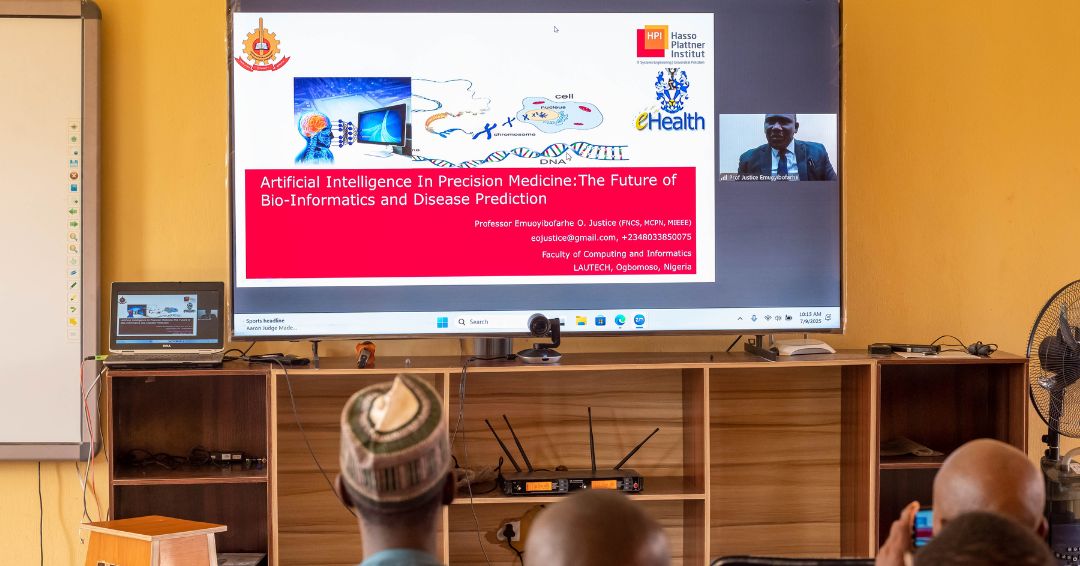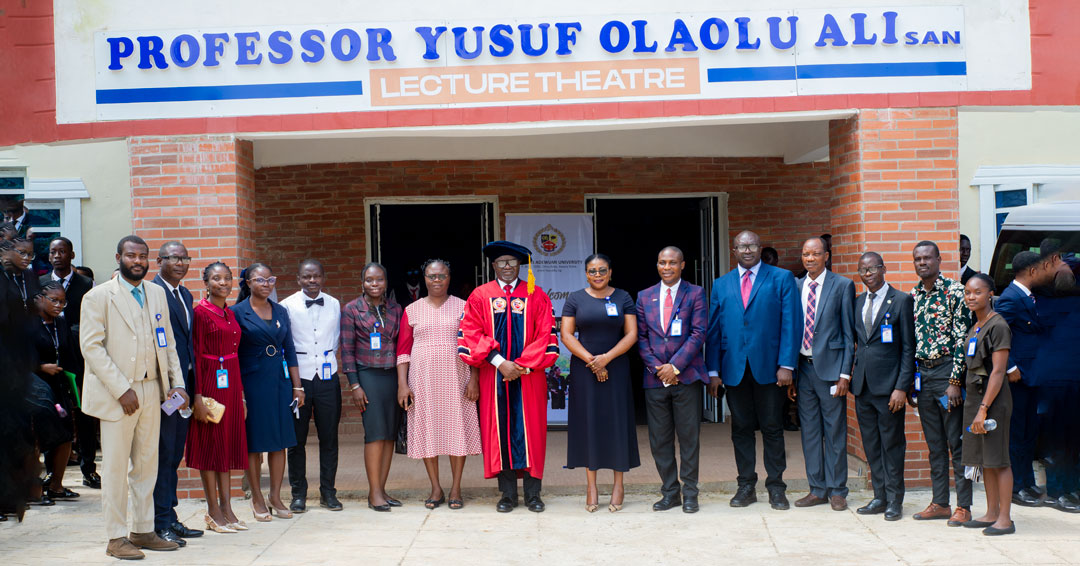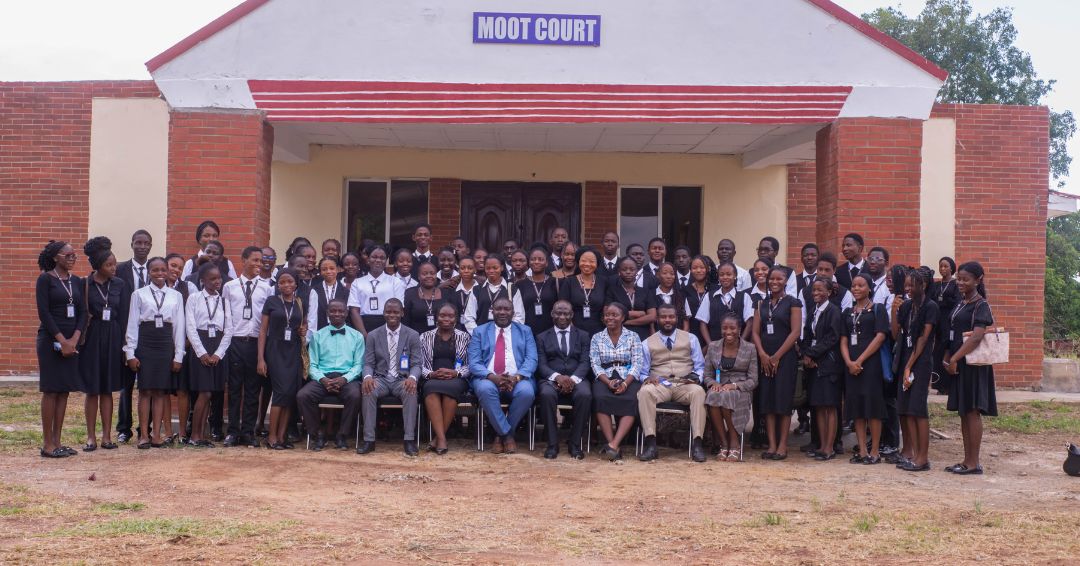Promoting sustainable dairy development by the government and all concerned stakeholders in any agrarian society is one of the gateways to ensuring food security. In Africa especially Nigeria, breeding and grazing of animals for meat and milk production have resulted in the availability of nutritious foods and provision of dietary protein for the growing populace. Thisreview aims at addressing the current situation of Nigeria's dairy sector and also identify how sustainable dairy production and development can contribute significantly to food security. Many factors have greatly contributed to the challenges ravaging Nigeria's dairy sector, this includes
poor nutrition, conflicts between farmers and herders, climate change, limited availability of cold chain infrastructure for transporting milk, unhygienic milk collection practice and inadequate extension services, amongst others. To achieve sustainable dairy production in Nigeria, measures that will result in improved milk quality, development of value-added milk products, and increased animal productivity must be urgently addressed. Reinforcement and implementation ofthe existing government policies on the availability ofsuitable and adequate food supply to the citizenry, laws that will support animal grazing without causing any harm to
the residents, and application of smart and modern dairy farming technologies are promising solutions to boosting sustainable dairy development in Nigeria
-
Call Us
0905-392-9899 -
Email
[email protected] -
Address
University Drive, Off Idofin Road, Oko-Irese, Kwara State
Title:
Sustainable Dairy Development: A Panacea to Food Insecurity in Nigeria (A Review)
Author(s): Adekemi T. Adesulu-Dahunsi, Evaristus E. Eze , Adebare J. Adeleke, Faith A. James , Peter F. Ayodele and Christian O. Osueke
Year: 2023
Publisher: FTST Journal
File:  Keywords:
Food security
Africa
Dairy
Sustainable
Herders
Climate change
Conflicts
URI: https://tau.edu.ng/publications/publication-page.php?i=213&t=sustainable-dairy-development-a-panacea-to-food-insecurity-in-nigeria-a-review
Keywords:
Food security
Africa
Dairy
Sustainable
Herders
Climate change
Conflicts
URI: https://tau.edu.ng/publications/publication-page.php?i=213&t=sustainable-dairy-development-a-panacea-to-food-insecurity-in-nigeria-a-review
Abstract:
Recent News
-

-

-

-

TAU Accounting & Finance Students Shine in ICAN Examinations, Set New Academic Benchmark
04th Jul, 2025 11:46am